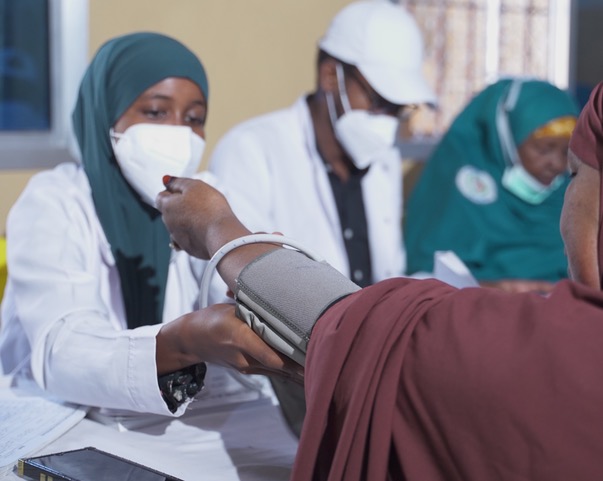At SPIDER (The Swedish Programme for ICT in Development Regions), human-centred development is at the heart of every initiative. Central to SPIDER’s methodology is the integration of research components into all projects to ensure that interventions are grounded in evidence and guided by real-world needs. One of the key strategies employed is action research, a dynamic approach that combines implementation with continuous inquiry and reflection. This method allows for adaptive learning, ensuring that project goals are met effectively and that developed technologies truly serve their intended purpose: to improve human lives.
The HADDA project stands as a strong example of how SPIDER operationalises this principle. Led by governmental authorities and informed by the voices of health workers, HADDA exemplifies inclusive development. At the outset, a comprehensive needs assessment was conducted by the Somali research institute SIDRA, capturing the priorities and challenges faced by local communities. This foundational research ensured that the project’s direction was informed by those it aimed to support.
Throughout the implementation phase, the experiences of end users, particularly data managers and health workers, have played a pivotal role. Their insights have been integrated into the project’s ongoing development, ensuring that solutions remain relevant, practical, and impactful at the community level.
By embedding research in action, SPIDER not only enhances the effectiveness of its projects but also fosters local ownership and sustainability. The HADDA project illustrates how technology, when guided by evidence and shaped by those who use it, can drive meaningful and lasting change.

